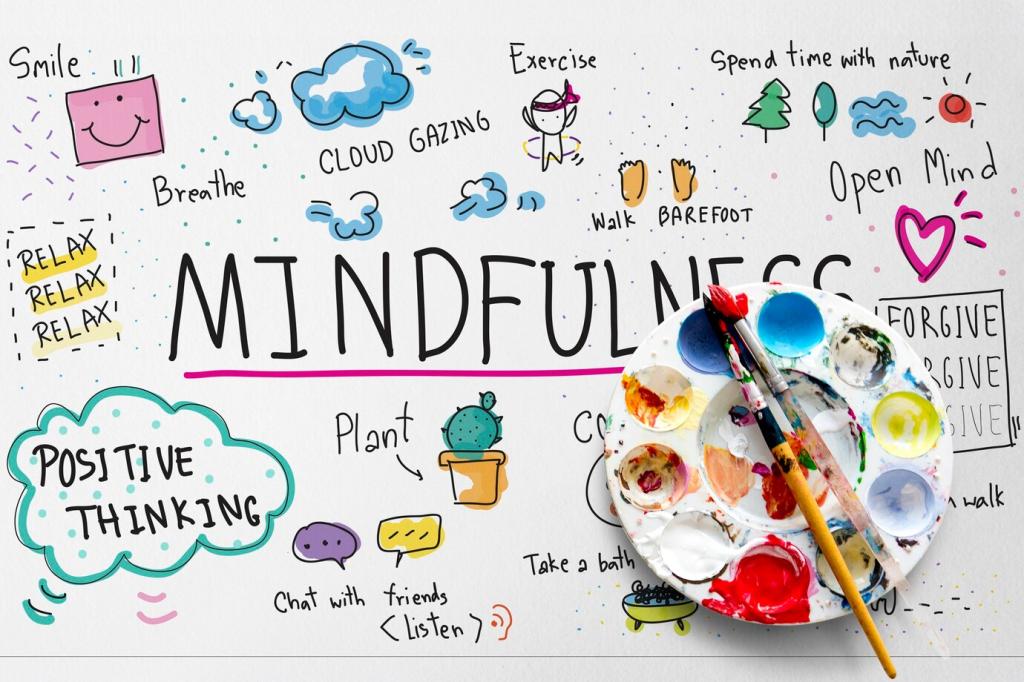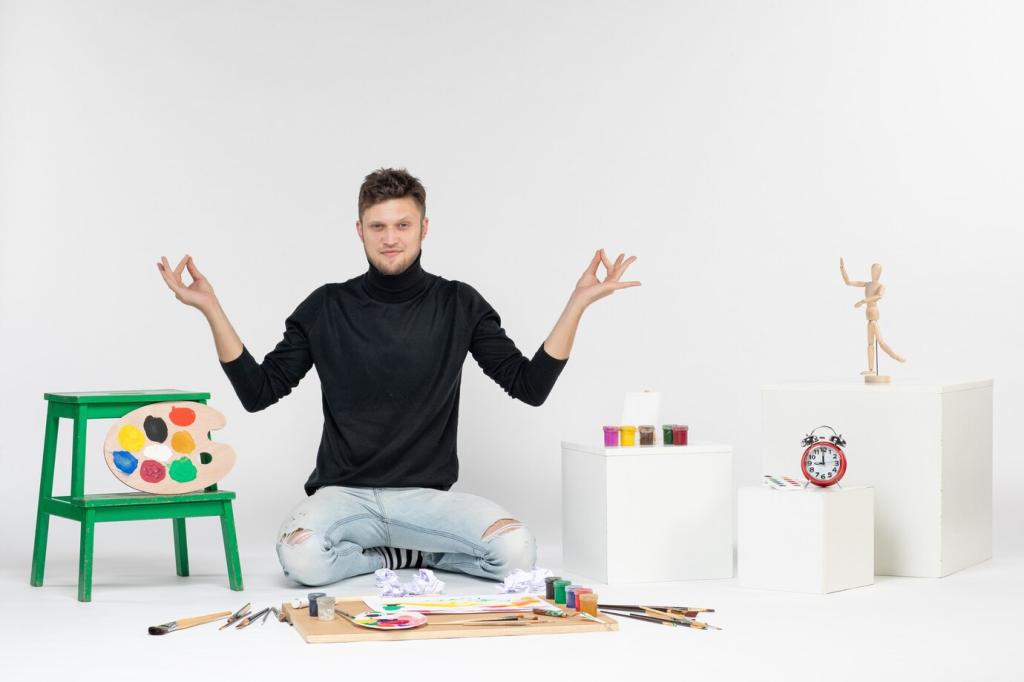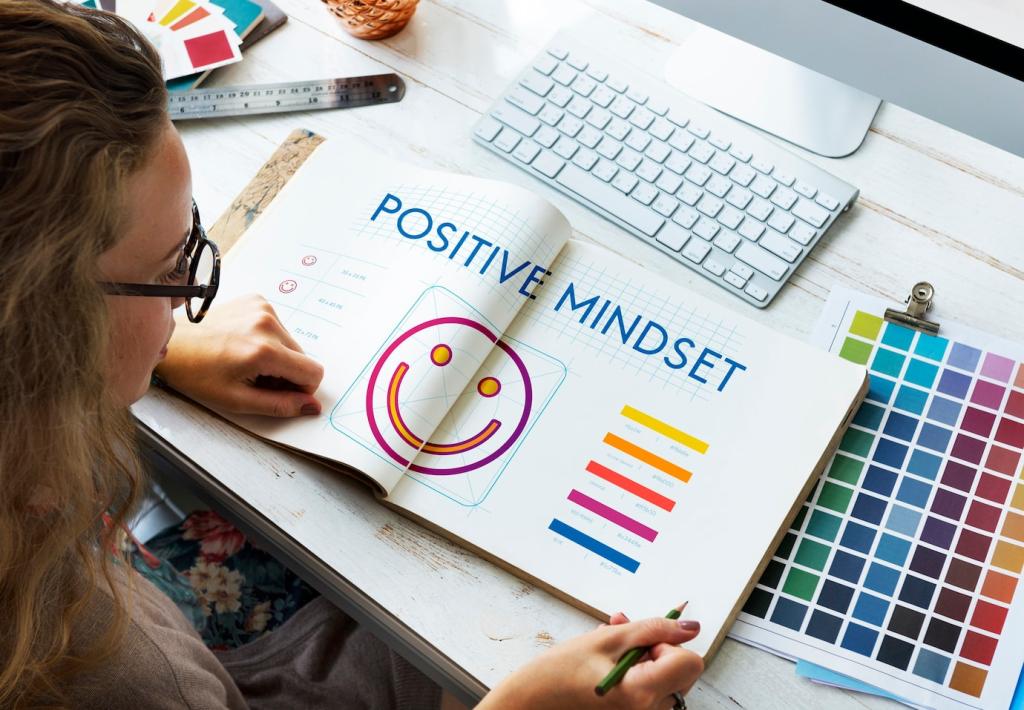Science Bites: What Research Suggests
Studies suggest meditation refines the interplay between the brain’s default mode and control networks, reducing unhelpful mind-wandering while preserving associative richness. That balance can set the stage for sudden, integrative ideas. Try a brief practice before brainstorming and note whether insights feel cleaner, quicker, or more coherent.
Science Bites: What Research Suggests
Mindfulness practices have been linked to reductions in perceived stress and improved emotional regulation. Lower reactivity means more energy for generating and refining ideas. Track your mood and output across two weeks of daily practice and share whether your creative stamina improved during demanding sprints.









